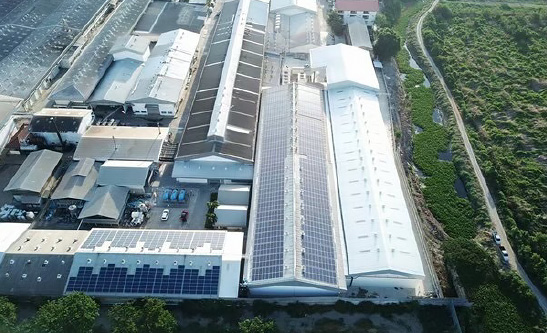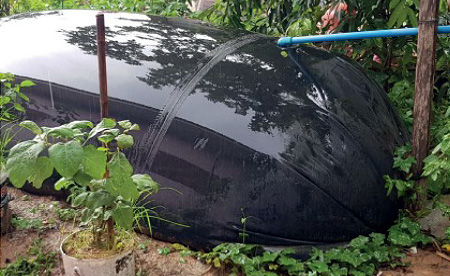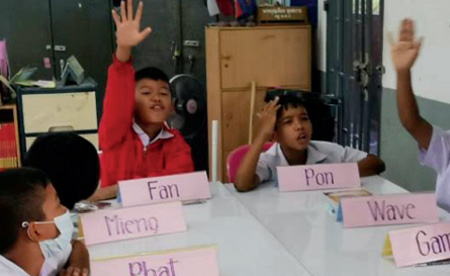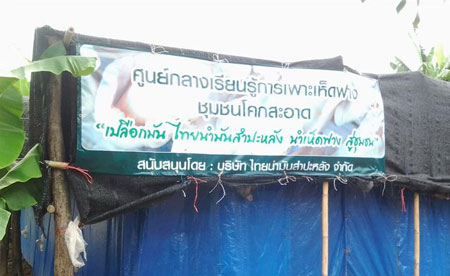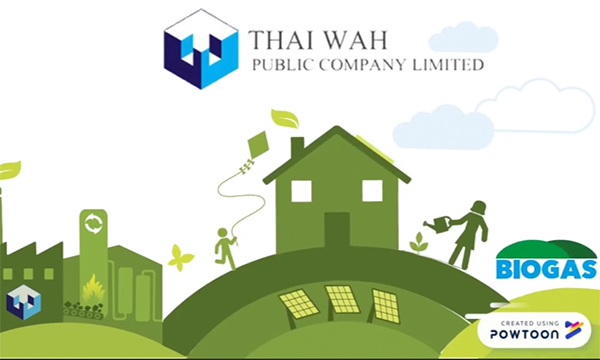Aside from business operations, Thai Wah recognizes the importance of building sustainable relations with the community. With our sustainable responsibility and respect to society and environment, the Company’s plant management system has been set to avoid environmental impact, for example, the use of clean energy (solar energy to minimize carbon emission), efficient water and wastewater treatment system, and biogas system which is the source for our alternative energy. The Company also commits to enhance our role in promoting long-term community development through developing innovations that encourage the sustainability community and providing support for education, funds, and local community development.
Download Green Factory and Community